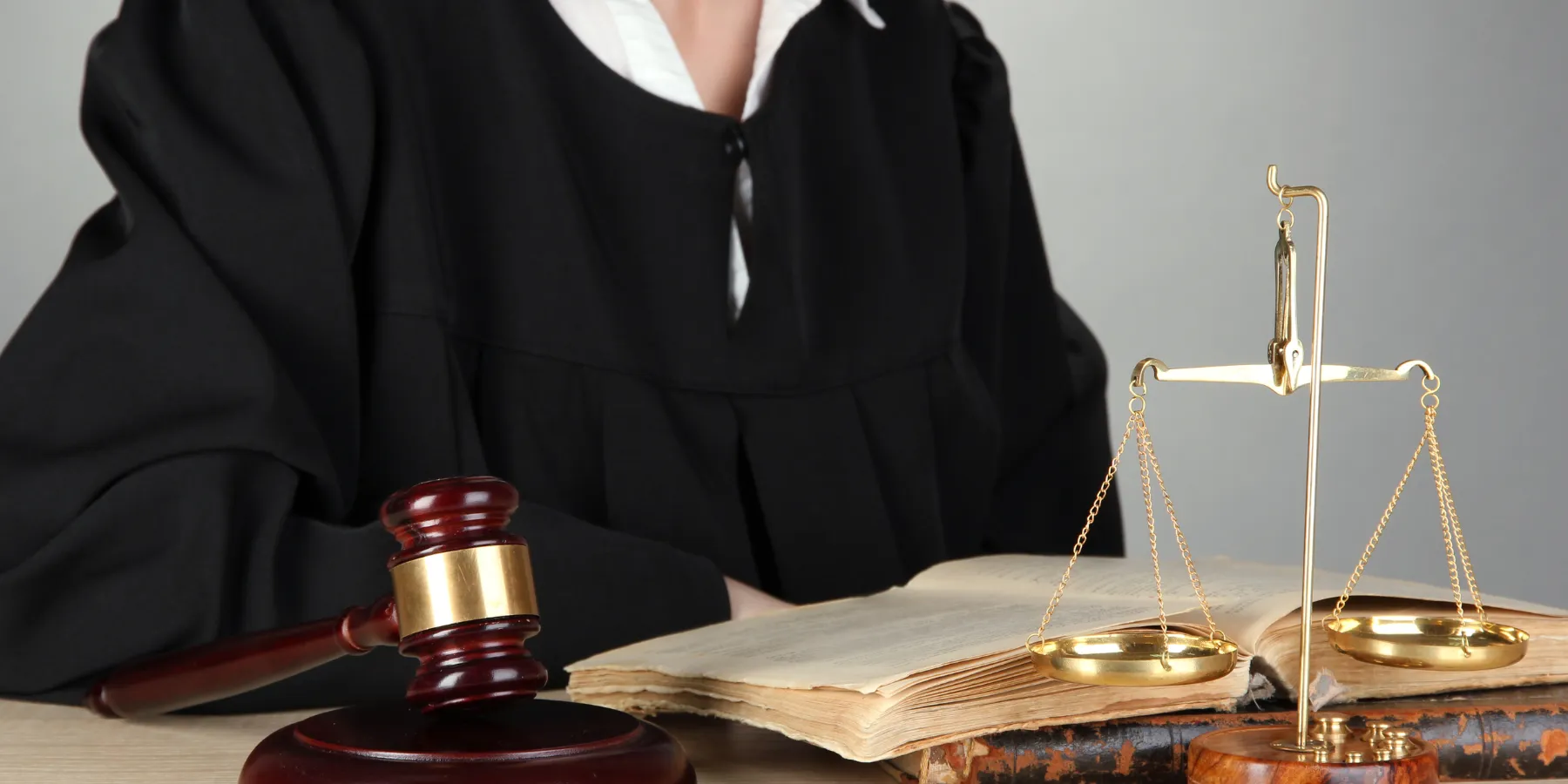Several Questions after the First Court Hearing on the Annulment of Standard Media Accreditation Rules

On October 31, the first hearing took place in the Inter-District Civil Court of Astana regarding a collective lawsuit filed by nine journalists against the Ministry of Culture and Information of Kazakhstan. The lawsuit challenges the provisions of a new order, which prohibits accredited journalists from disseminating information received from government agencies through any media outlet other than the one that accredited them.
However, instead of providing clear and direct responses to the journalists' concerns, the defendants' position only raised further questions.
Where’s the Logic?
One representative of the Ministry of Culture and Information (MCI) argued that the rule requiring journalists to publish information solely in the media outlet that accredited them is supposedly necessary to ensure information security, so that official media registered with the MCI act as primary sources. However, another ministry representative clarified that the restriction on journalists applies only to other officially registered media outlets that lack accreditation. However, if the same journalist shares this information on social networks or other platforms that are not officially recognized as media and cannot be accredited, no violation occurs. This means that non-registered media, in effect, have priority in disseminating information over official outlets. Where is the logic in this?
Right or Duty?
Article 28 of the Law "On Mass Media" states that obtaining accreditation is a right, not an obligation, for media outlets. Yet, according to the MCI representative's explanation, the disputed provision requires journalists to secure accreditation from each media outlet where they intend to publish the obtained information. In the law, it's a right; in the subordinate act, it becomes a duty. The ministry sees no contradiction. Here’s a simple distinction between a right and a duty available on the Internet: “A right is something you are allowed to do but are not required to, whereas a duty is something you must fulfill without exception”. Feel the difference!
Is the MCI Above the Constitution?
Article 20 of the Constitution states that restrictions on methods of information dissemination can only be imposed by a law passed by Parliament and signed by the President. The MCI has restricted the means of dissemination through a subordinate act, which directly violates Article 20 of the Constitution. In court, the ministry representative agreed that no other government body, including the President’s Administration, the government, or the National Security Committee, can restrict methods of information dissemination. This makes sense, as no one is allowed to violate the Constitution. Why is the Ministry of Culture and Information an exception?
Whose Copyright Is the MCI Protecting?
In court, the MCI representative explained that if an accredited journalist disseminates information received from a government body in other non-accredited media, it raises questions about copyright compliance. For reference: according to subparagraph 4) of Article 8 of the Law "On Copyright and The Related Rights", reports on events and facts of informational nature are not subject to copyright. It’s clear that neither government bodies nor media outlets hold copyright over informational reports. So whom is the MCI protecting, and on what grounds?
Are the MCI’s Words Meaningless?
The journalists’ representative in court asked for an official interpretation of the contentious provision of the Accreditation Rules under Article 58 of the Law "On Legal Acts". The MCI representative responded that such clarifications are not legally binding and are merely advisory in nature, with courts and government bodies independently interpreting and applying the Accreditation Rules. This implies that while the MCI asserts in court that journalists are supposedly free to disseminate information through non-official media, a court could interpret the disputed provision as imposing a complete ban on dissemination outside accredited media. And the ministry has no intention of addressing this discrepancy, essentially planting a legal time bomb?
How Much Does It Cost to Monitor Journalists?
The disputed rule on information dissemination solely through accredited media places an obligation on all government bodies and organizations to monitor all publications by accredited journalists. If they find publications in non-accredited media, they must revoke the journalist’s accreditation. This is a duty, not a choice, for government bodies and organizations; otherwise, monitoring some journalists but not others would constitute discrimination, which is prohibited by Article 14 of the Constitution. If every government body and organization accredits dozens or even hundreds of journalists (thousands of media outlets are registered in Kazakhstan), such surveillance would cost millions of tenge, covering wages, equipment, software, electricity, and so on. Furthermore, a journalist has the right to publish under a pseudonym, requiring additional resources for investigative efforts to reveal journalists' true identities. Why should taxpayers fund this ultimately pointless and, in essence, illegal activity against journalists?
Will It Be Impossible to Prove the Journalist’s Guilt?
In today’s world of live-streaming and the Internet, information spreads instantaneously. At briefings, press conferences, or other events, journalists often relay information in segments as it arrives, competing to be the first to break the news. If an accredited journalist disseminates obtained information in a non-accredited outlet but was not the first to do so, they can always claim they obtained it from another media source. In this case, the disputed rule would be unenforceable. Does this mean that the ban on dissemination in non-accredited media is pointless?
Is the Legal Review of the Ministry of Justice a Fake?
The Accreditation Rules came into effect on August 20 but were only published on August 26. Article 4, paragraph 4 of the Constitution states that official publication of legal acts affecting citizens' rights, freedoms, and duties is a mandatory condition for their enforcement. The Rules affect journalists’ rights, freedoms, and duties (i.e., citizens), and therefore could not have been applied from August 20 to August 26. However, the Justice Ministry representative sees no constitutional violation. The ministry also overlooks the restriction on dissemination methods in the contested provision, even though the MCI clearly prohibits information dissemination in non-accredited media. Hence, the Justice Ministry missed the violation of Article 20 of the Constitution, which allows restrictions on information dissemination methods only through laws, not subordinate acts. This means that legal review and registration of legal acts by the Ministry of Justice do not guarantee their legality. Why, then, are taxpayers paying for this work?





